Here’s the natural ingredient you need more of to lower your cholesterol
You’re probably not getting enough plant stanols and sterols in your diet. But if your LDL cholesterol is too high, more plant stanols and sterols may be exactly what you need. Here’s what to do.
Heart disease is still the number 1 killer in the US! And people with diabetes or prediabetes are at especially high risk.
Elevated LDL-cholesterol – the bad type – is one of the risk factors for heart disease that we can do something about.
Unfortunately, I have both high cholesterol and a family history of heart disease. That’s why when I failed to lower my LDL-cholesterol enough with smart eating, I added plant stanols and sterols – collectively called phytosterols – to my daily routine. I was pleased with the results for some time.

Photo credit: Jon Tyson
How does a dietitian change her diet to lower cholesterol?
With my family history of early heart disease, I knew I was facing cholesterol-lowering drugs if I didn’t knock my LDL-cholesterol down. But I already had a really good diet. How do I change a good diet to an even better cholesterol-lowering diet? I did 2 things.
Yes, I have a crazy sweet tooth and ate chocolate every day. Every. Single. Day. Could I stop that? Give up chocolate? That thought made me very sad. 😕 And I was not willing to be that sad. So, I upgraded my dessert instead of omitting it.
1. I swapped my typical nightly candy bar for chocolate-covered almonds.
And they happen to be delicious! Years later, and I’m still hooked on them. Almonds contain phytosterols – plant stanols and sterols – so I knew it was a good choice. Plus, the dark chocolate surrounding the almonds had less added sugar than my usual dessert. Also a good thing.
2. I doubled – then tripled – my intake of pulses.
I previously ate beans, peas and lentils just a couple times a week. But to lower my cholesterol level, I started eating them more often. Eventually, I ate them for lunch or dinner or both most days of the week. So I ate plenty of the resistant starches and fibers that are good for my heart and cholesterol level. Pulses are good for blood sugar levels too, so I recommend them for people with prediabetes or diabetes.
Want more pulses in your diet too? Check out 12 ways to eat more + plenty of recipes.
Six months later, my doctor and I saw some nice results.
But I wasn’t quite where I wanted to be. So I added phytosterol supplements to my daily routine. And yay! My numbers made me smile!
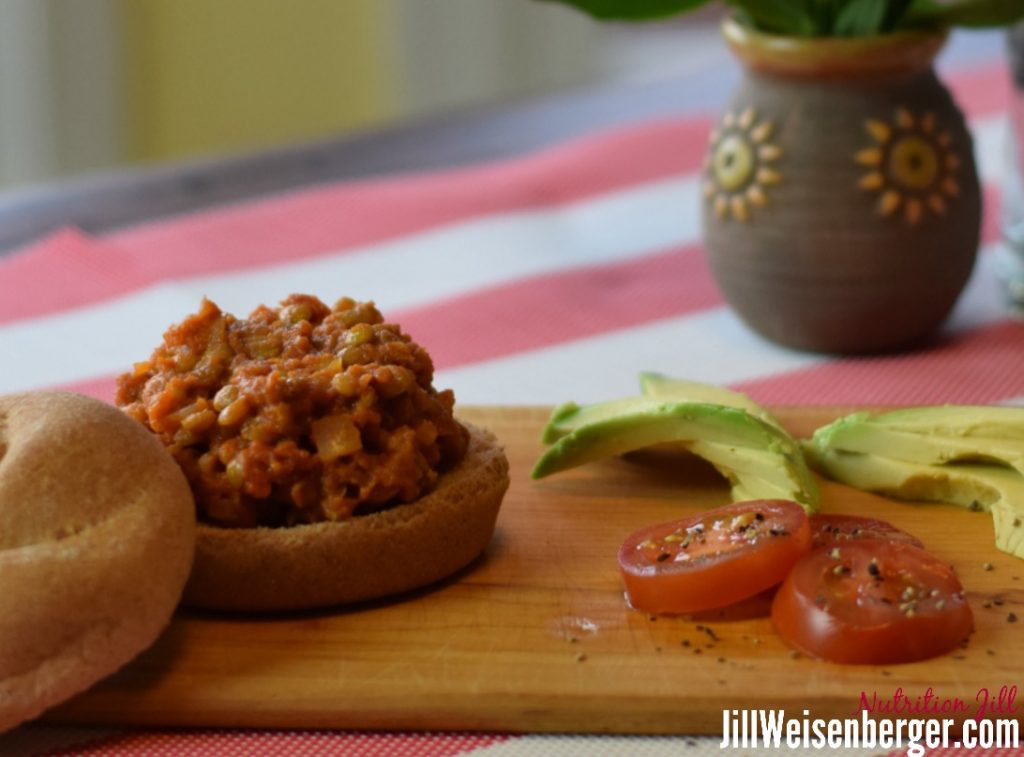
Lentils and other pulses are loaded with heart-healthy, cholesterol-lowering compounds. Try this Lentil Sloppy Joe recipe.
What are plant stanols and sterols?
Phytosterols are found naturally in canola oil, corn, cauliflower, lentils, almonds, fruits and all other foods from the plant kingdom.
They work their magic by blocking cholesterol absorption. Research tells us it takes about 2 grams or 2,000 milligrams per day to lower LDL cholesterol levels substantially.
- The average diet? Only about 300 – 400 mg daily
- The typical vegetarian diet? About 600 mg daily, which is much better, but not enough phytosterols to lower cholesterol levels.
Here’s what to eat to get 2,000 milligrams of plant stanols and sterols from your food.
- 13 heads of cauliflower
- 100 cups of sliced strawberries
- 74 large apples
- 4 1/2 cups of lentils
Thank goodness for phytosterol supplements, right?
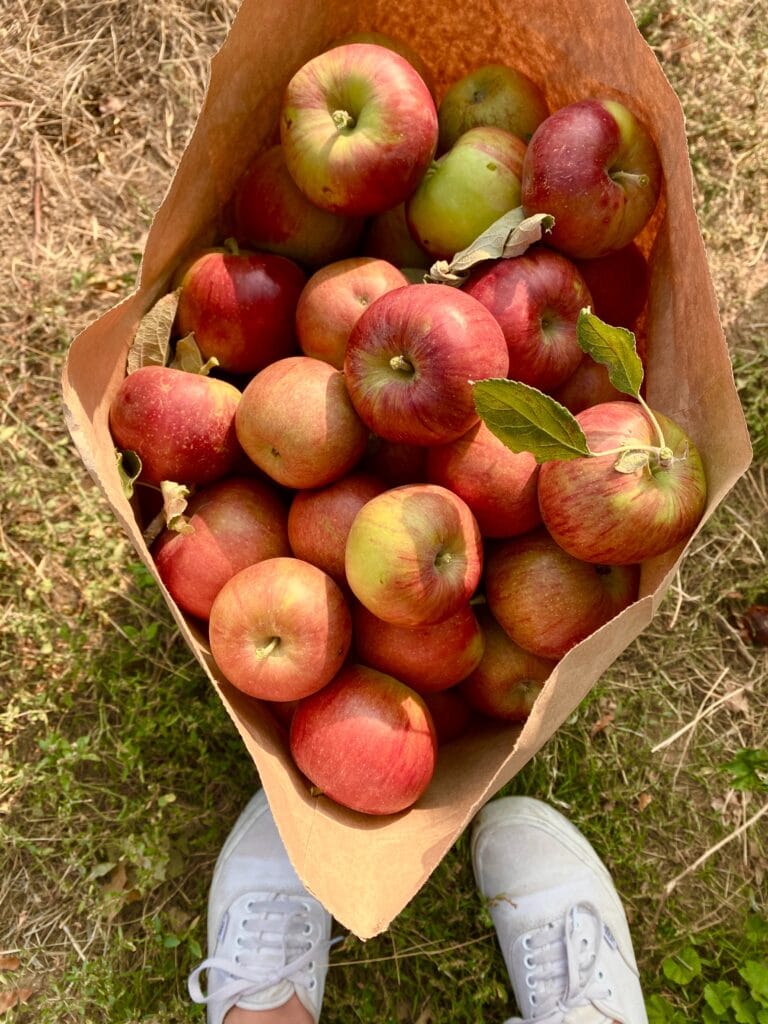
Photo credit: LeeAnne Cline
5 Things to Know about Plant Stanols and Sterols
Benecol® Soft Chews and CholestOff® Plus softgels are two phytosterol supplements that I’ve used with success. But you know the drill: what works for me may not be ideal for you. It’s smart to talk to your own registered dietitian nutritionist or another healthcare provider before picking supplements, their dosages and the proper timing.
- Phytosterols are the plant’s cousin to cholesterol. Do you know how many plants have cholesterol? Zero! But all animals, including humans, make cholesterol. Because plant stanols and sterols are structurally similar to cholesterol, they block cholesterol absorption from food, and they even block the cholesterol your body makes. That’s why plant stanol and sterol supplements work even for vegans, who eat no cholesterol.
- It’s best to consume phytosterol supplements with meals or snacks. I generally recommend taking one dose with each of your two largest meals.
- Phytosterol supplements are additive to other strategies. In other words, if you’re able to lower your LDL cholesterol by eating a wholesome diet, adding plant stanols and sterols to the mix will likely lower your LDL even more. The same goes for statin drugs. Phyotsterol supplements and statins work in very different ways, so you benefit from both at the same time. (Let’s be smart about this: discuss it with your healthcare provider, who will want to know about all of your efforts, especially when evaluating your lab reports.) Typically, you can expect phytosterol supplements to lower LDL cholesterol levels by about 10%.
- Phytosterol supplements don’t affect HDL cholesterol. Oh well, we can’t have everything. Learn about HDL cholesterol and 4 other numbers that can save your life.
- The FDA says okay to phytosterol supplements and fortified foods. It is possible, however, that they could inhibit the absorption of some fat-soluble nutrients. You can get around this by eating the recommended amounts of fruits and vegetables. And finally, anyone with a rare genetic defect called sitosterolemia should avoid phytosterol-fortified foods and supplements.
My story
My good results lasted for a bit, but not forever. So what did I do next?
- My diet was good
- I exercised daily
- I’ve never smoked (except for that 1 cigarette I gagged through when I was 17)
So I started taking a statin drug, which pushed my LDL cholesterol number down far enough for me to do the happy dance and get a socially distanced high-five from my doctor.
I eat still pulses most days of the week. I can’t imagine a night without my chocolate-covered almonds. And as much as I love apples, strawberries and cauliflower – and I do love them – I’m so relieved not to be forced to eat a bushel a day.
LOVE Your Heart
Get a 6-page list of heart-healthy food & ingredient swaps
Filed Under: Heart Health
Tagged: Beans, supplements
Jill Weisenberger
I'm Jill, and I believe simple changes in your mindset and health habits can bring life-changing rewards. And I don't believe in willpower. It's waaaay overrated. As a food-loving registered dietitian nutritionist, certified diabetes care and education specialist and certified health and wellness coach, I've helped thousands of people solve their food and nutrition problems. If you're looking for a better way to master this whole healthy eating/healthy living thing or if you're trying to prevent or manage diabetes or heart problems, you'll find plenty of resources right here.
Leave a Reply
6 Comments
Leave a Comment
Welcome to my Blog
Hi there! I'm Jill, a nutrition & diabetes expert and the author of 4 books.

I believe simple changes in health habits can bring you life-changing rewards.
And I believe willpower is way overrated.
Right here is where you can discover the mindset and habits to stick with healthy lifestyle choices most of the time - and drop the guilt when you don't.
Get the Second Edition!

Featured Posts
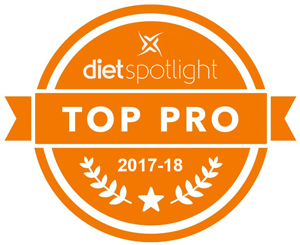
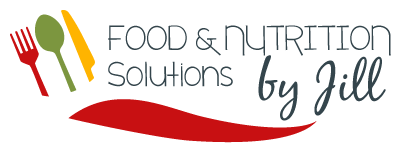

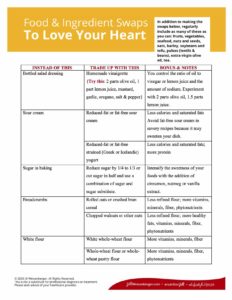

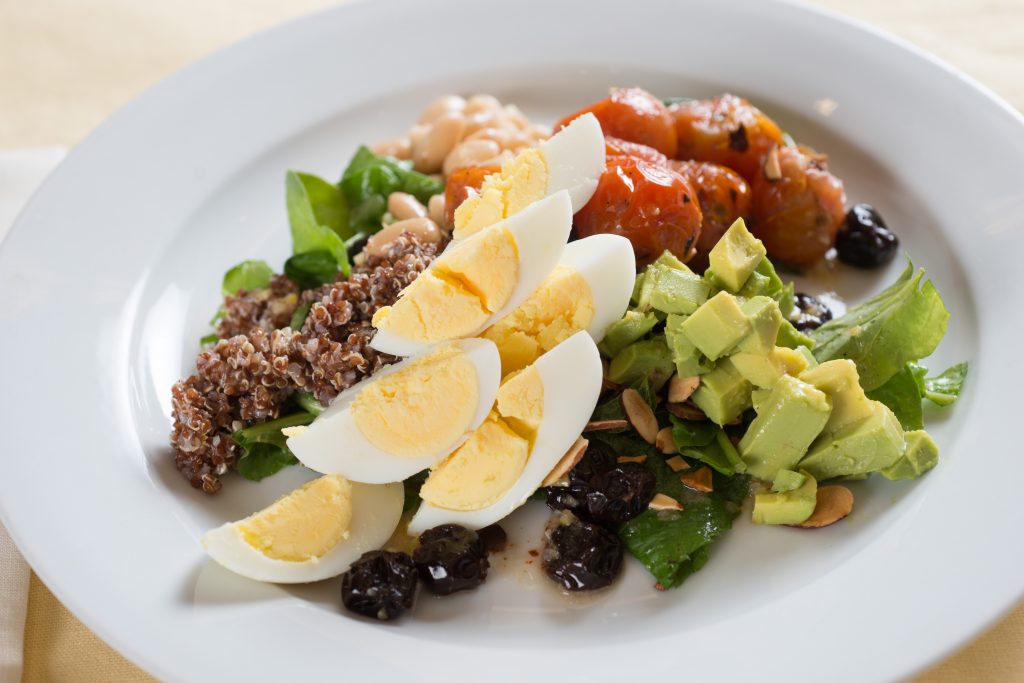

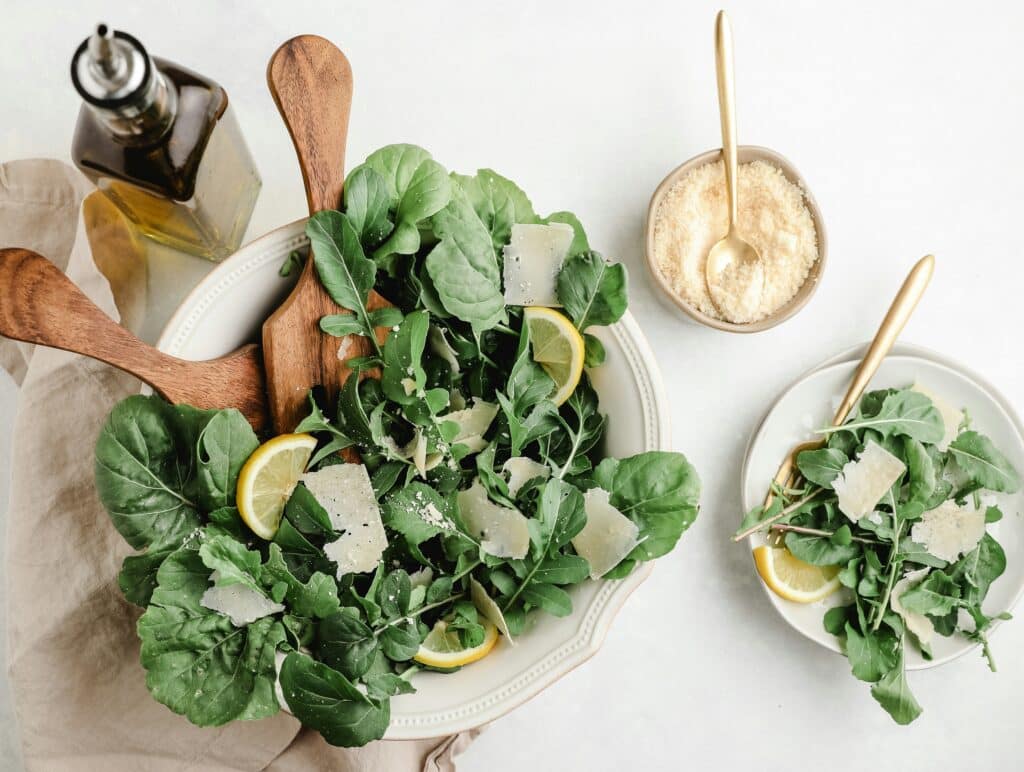
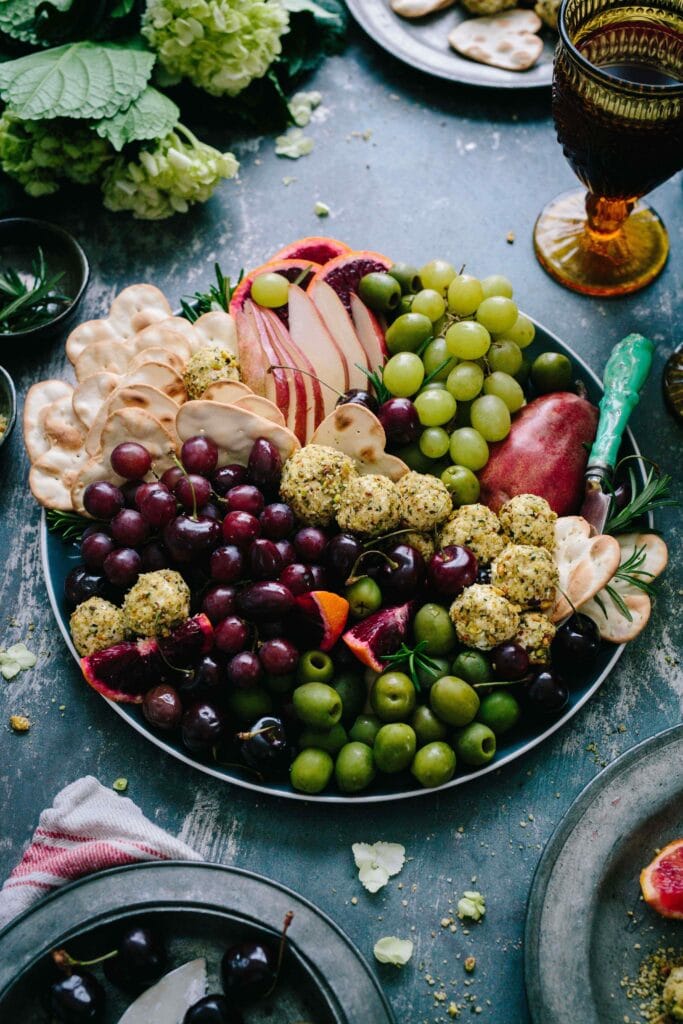
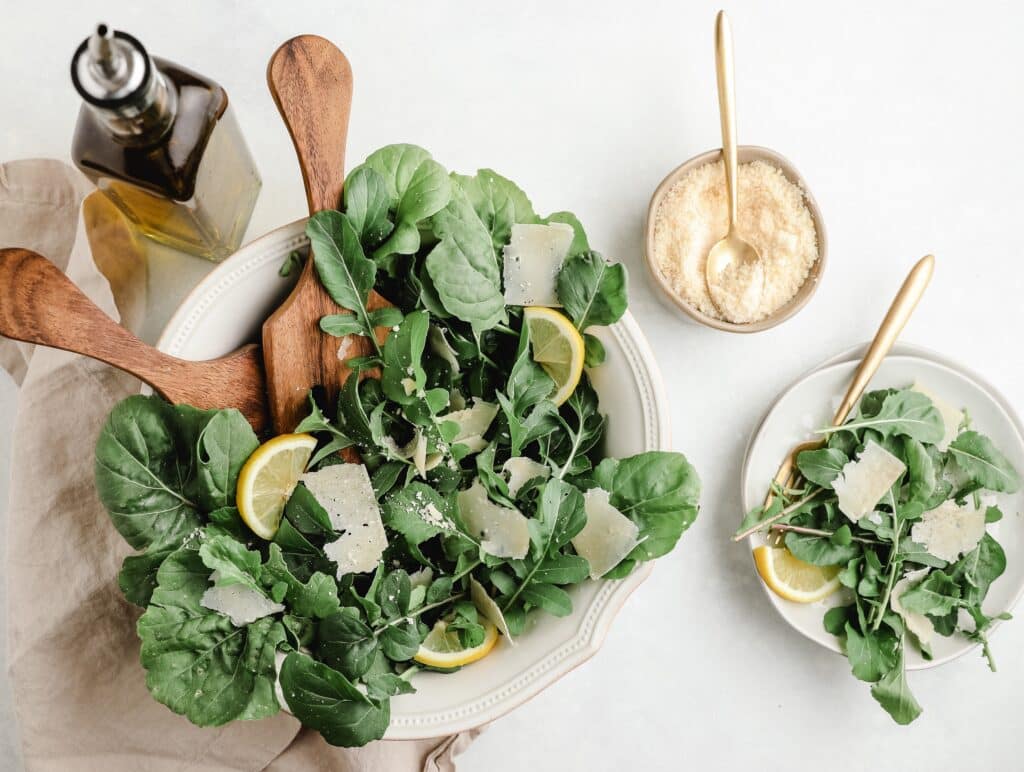
Great piece discussing plant stanols and sterols, in addition to their impact on one’s overall health. I feel they’re in the same class as vitamin D in that they’re not prevalent in very many foods, which increases the need to take supplements. Plant-based nutrients can’t be ignored, as they go a long way in improving one’s quality of life.
Agree! Plant stanols and sterols are present in lots of foods – just in minute amounts. Thanks for reading and commenting.
Great article about plant stanols and sterols.
Thank you! So glad you found it helpful.
Nice to read your blog. there is a very valuable info.. thanks a bundle for sharing.
Hello,
Thanks for sharing the useful information.It is really a great blog.